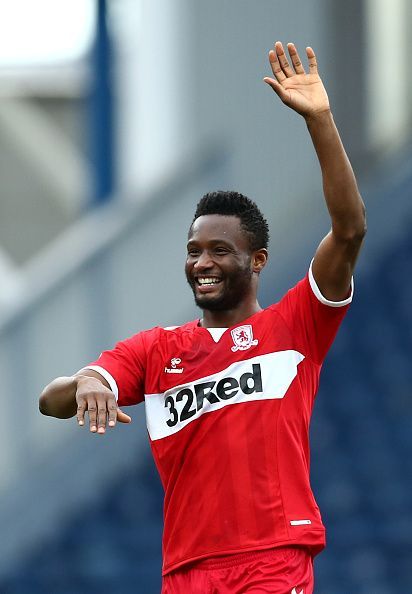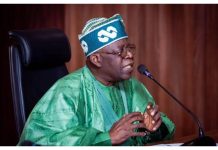In chemistry, there is something referred to as the control variable. Essentially, the control variable is what is kept the same throughout the experiment. It is not the primary concern in the experimental outcome and it is said that any change in a control variable in an experiment would invalidate the balance of dependent variables, thus skewing the results. This variable is also known as the constant variable or simply as the “control.”
When it comes to basic living, which primarily involves sleeping and waking up, we have two control elements, the Sun and the Moon, and these regulate essential existence. They dictate when we work, eat, sleep, and even party. Likewise in football, especially modern football, the element of control is becoming increasingly important as managers strive for a controlled attacking approach or a controlled defensive approach.
With teams like Pep Guardiola‘s Barcelona and Maurizio Sarri’s Napoli, among others, being synonymous with controlled attacking styles of play, and with the likes of Diego Simeone’s Atlético Madrid and Antonio Conte’s Chelsea being synonymous for controlled defensive sides, ‘control’ itself is at a premium. Several teams, such as Juventus and Sevilla, have oscillated between the two, becoming a hybrid of both styles. These teams need a player in the side that is an epitome of control, comfortable in possession, and assured without it.
These players usually play in the center of the pitch, they are the metronomes of their managers’ systems, they almost have a birds-eye-view of the pitch. Whether it be Fernandinho, Sergio Busquets, or Xabi Alonso, these players have linked defense and attack, controlled the system, but they’ve never quite gotten the praise they deserved. John Obi Mikel sits pretty in this A-list setup. He is regarded as the greatest non-hero of Chelsea’s most successful period, the control variable that allowed Chelsea’s flashier superstars to flourish and hog the limelight.
John Michael Nchekwube Obinna, popularly known as John Obi Mikel during his childhood days, was always known as a kid destined for greatness long before he even tasted stardom. Born to a civil servant and a trader, Mikel had the talent, the attitude, and the stamina, he just needed the opportunity.
It all started on a dusty football pitch in the Jos Metropolis Township Primary school, where he was first sighted by a rich football agent by the name of Alhaji Babawo Mohammed Adamu.
“I can say without any contradiction that I was the person that discovered him when he was just a kid. He was playing in the street close to my area,” said Adamu. “I called him and told him what I had seen in him.”
After being spotted by Adamu, Mikel was soon picked from a pool of over 3,000 young boys to play for the prestigious Pepsi football academy. He stood out to scouts and was later picked to play for in the top-flight side Plateau United, a club known for developing Nigerian internationals.
While he represented the country in the 2003 U-17 World Cup in Finland, his rise up the ladder would not gain any traction until the U-20 World Cup in the summer of 2005. Alongside Lionel Messi, Mikel was the breakout star of the tournament.







